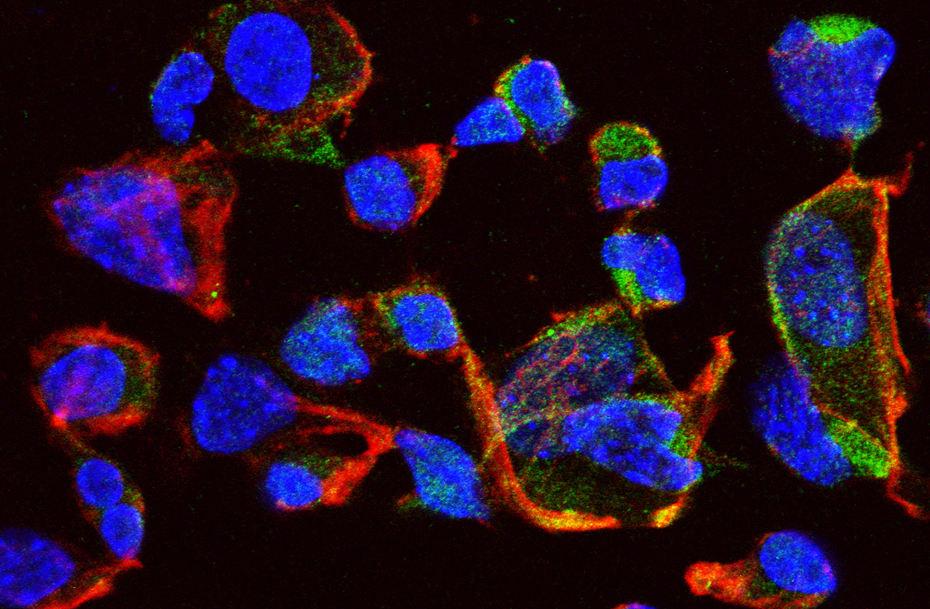Parasite Disease
ABOUT
The group works with protozoan parasites responsible for important human diseases such as Leishmania spp, Plasmodium, T. brucei and T. cruzi. The main objective of the research group is to understand the cellular and molecular mechanisms occurring during host-parasite interactions with the ultimate goal of identifying new prophylactic and therapeutic targets.
RESEARCH
1. Advances in therapeutics:
(i) The genetic validation of Ribose 5-Phosphate Isomerase B (RPI-B) as a novel drug target in Leishmania infantum and Trypanosoma brucei. Search for RPI-B specific inhibitors.
(ii) Disclosed the non-essentiality of Asparagine synthase A for L. infantum and T. brucei survival and infectivity.
(iii) Bringing forward new phase I clinical drug candidates for visceral leishmaniasis.
(iv) High-throughput screening in collaboration with the European Lead Factory to find new bioactive inhibitors against the Leishmania NAD+-dependent deacetylase SIR2 protein.
(v) Established mice models of leishmaniasis, Human African Trypanosomiasis (HAT) and Chagas disease using state of the art whole mice in vivo imaging.
2. Establishment of a vaccine formulation for leishmaniasis and the characterization of the immune response (antigenicity and safety) in preclinical studies in mice.
3. The dissection of the role of Leishmania exoproteome on the host immune system and its contribution to parasite infectivity.
4. Search for new biomarkers and diagnostic approaches for human and canine leishmaniasis.
5. Identification of molecules/mechanisms required for the successful completion of the Plasmodium sporozoites journey, from the skin to the liver, in the mammalian host. The ultimate goal is to discover new molecules that can be targeted by infection blocking antibodies to prevent infection. Combining state of the art technology such as in vivo imaging in mouse with powerful genetic manipulation Tavares team aims at: (i) Discover sporozoites surface molecules targeted by infection blocking antibodies; (ii) Explore the molecular mechanisms mediating sporozoites target tissue recognition; (iii) Disclose at the preclinical level the determinants of an efficient and long-lasting humoral response against sporozoites.


